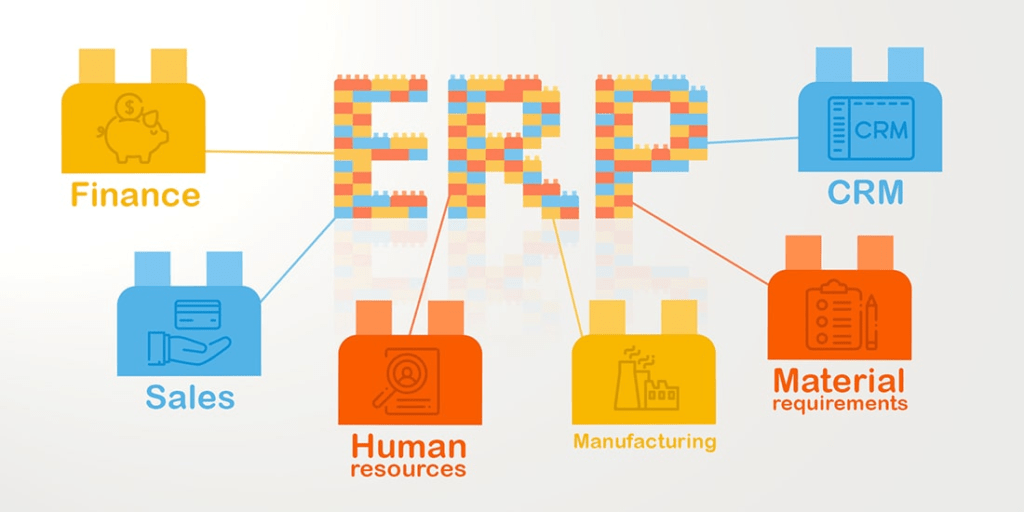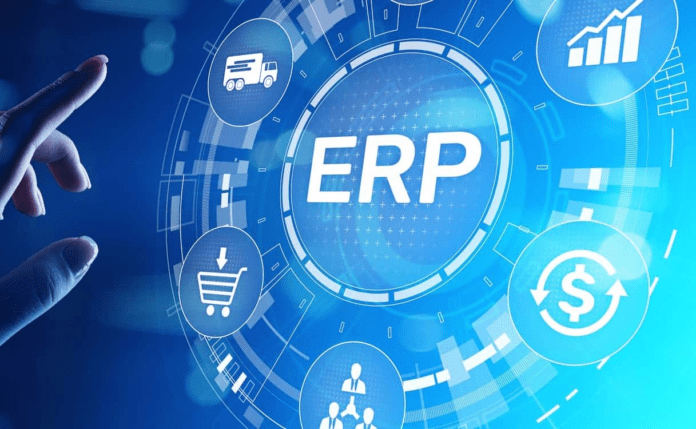When designing an enterprise resource planning (ERP) system, it is crucial to avoid some common mistakes to maximize efficiency and ROI. This article presents five common mistakes in ERP design and how to avoid them to ensure a profitable investment.
1. Underestimating preparation and planning
Importance of preparation
The first major mistake is to underestimate the preparation and planning phase in ERP design . Careful planning is essential to define goals, business needs, and project expectations. Neglecting this step can lead to delays, cost overruns and a lack of alignment with strategic objectives.
The consequences

Without adequate preparation, businesses risk ending up with an ERP system that does not fully meet their needs, which can reduce operational efficiency and compromise ROI.
2. Ignoring End User Needs
Understanding users
Another common mistake is ignoring the needs and expectations of end users. It is crucial to involve these users from the start of the project to ensure that the ERP system meets their daily needs and that they are ready to use it effectively.
Negative impacts
If end users are not considered, the system may have poor acceptance, leading to low adoption and reduced expected benefits. Proper training and ongoing communication are essential to ensure a smooth transition.
3. Neglecting customization and flexibility
The importance of personalization
An ERP must be flexible enough to adapt to specific business processes. Neglecting this aspect can limit the ERP's ability to grow with the business and meet its changing needs.
The risks
An ERP that is too rigid can lead to inefficiencies and friction, reducing productivity and user satisfaction. It is essential to choose a system that offers customization options and can be adjusted according to future requirements.
4. Omitting proper integration

Integration with other systems
The ability of an ERP to integrate with other systems in place is crucial. Inadequate integration can lead to data silos and inefficient processes.
The consequences on operations
Without proper integration, information can be duplicated or missing, hampering decision-making and operational efficiency. It is therefore important to carefully plan and test integrations with other company systems and applications.
5. Underestimate support and maintenance
Importance of ongoing support
After initial deployment, it is crucial not to underestimate the importance of ongoing support and maintenance. An ERP requires regular updates, rapid problem solving and adaptation to new requirements.
Consequences of inadequate support
Without adequate support, problems can pile up, leading to decreased efficiency and user satisfaction. Investing in strong technical support and a dedicated maintenance team is essential to ensure the longevity and profitability of the ERP system.
Conclusion
Avoiding these five mistakes in ERP design is essential to maximize its effectiveness and guarantee a return on investment. Careful preparation, understanding end-user needs, proper customization, seamless integration, and ongoing support are the keys to successfully implementing a cost-effective ERP . By taking these precautions, businesses can ensure their ERP is a powerful tool to improve operations and support growth.
This article might also interest you: What type of CRM does a company use?




